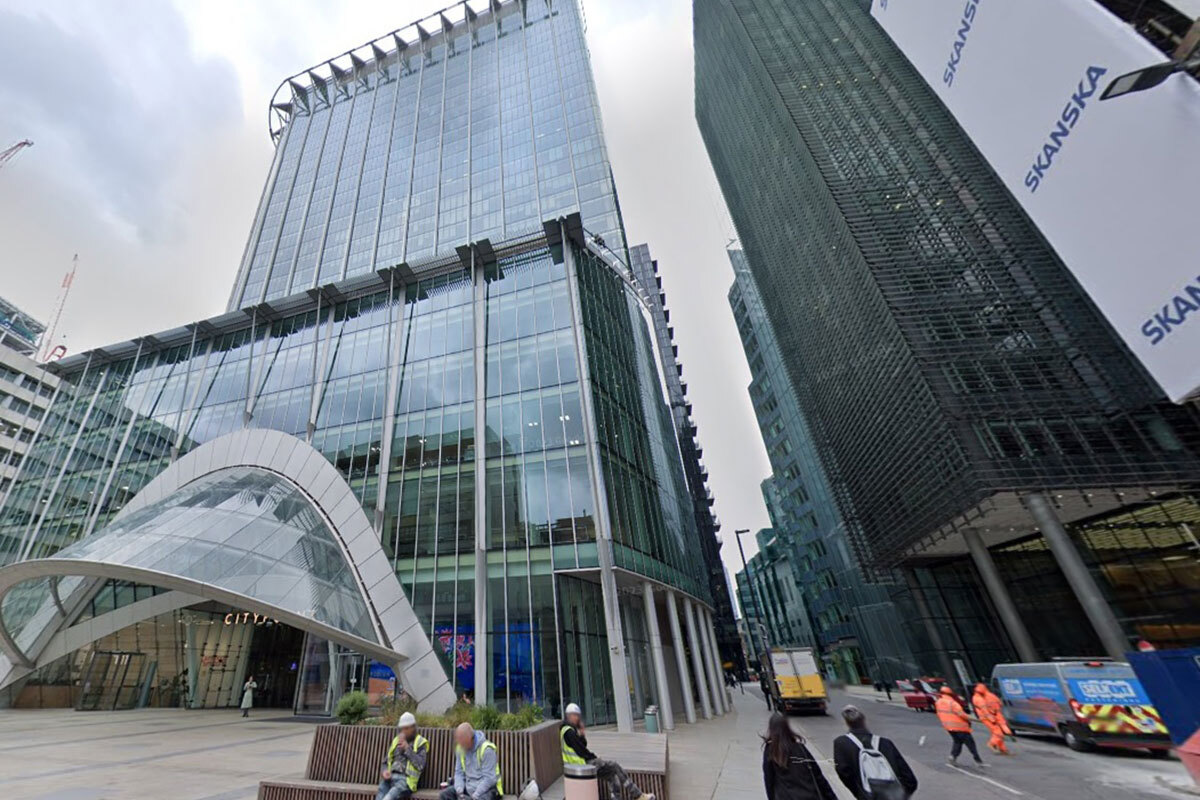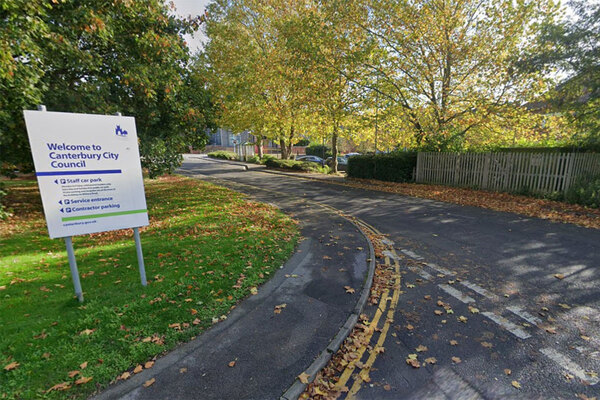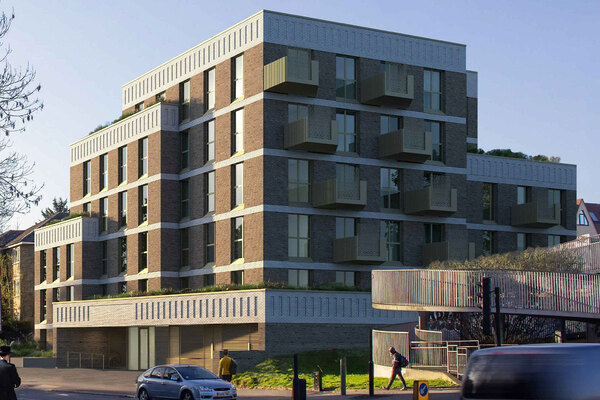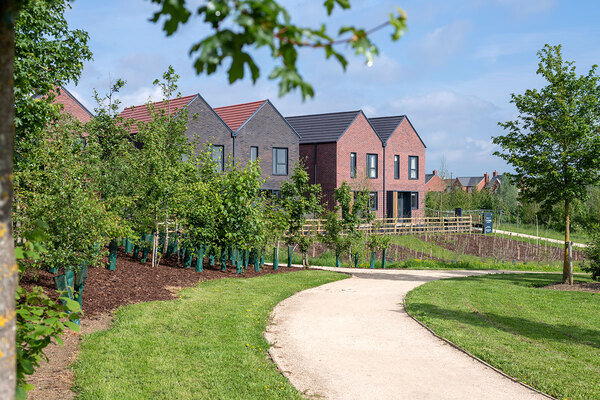You are viewing 1 of your 1 free articles
Housing sector hits financial ‘turning point’ but more mergers still likely, S&P says
The sector could have hit a turning point with landlords’ financial performance expected to “improve marginally” but more mergers are likely, Standard & Poor’s (S&P) has said.
The credit ratings agency said the “negative bias” seen in the sector will remain, but is likely to ease in the current financial year as margins “strengthen modestly”.
Speaking during a webinar yesterday, Karin Erlander, an analyst at S&P, said: “We think from our perspective that the sector might have reached a turning point.”
She put this down to the expected rise in housing associations’ spending on existing homes to continue at a “slower pace”, partly helped by grant funding.
“Expected growth in rental revenues and abating pressure on the cost base further underpin our expectation that financial performance will recover modestly,” Ms Erlander said.
On rents, the agency flagged that the Consumer Price Index was 6.7% in September, which means landlords will be able to increase rents by 7.7% for the next financial year, assuming the government does not announce a new rent cap.
S&P also expects inflation to reduce “gradually”, which will lower costs for landlords and boost their financial performance.
However, she did not rule out the current wave of mergers continuing.
Ms Erlander said she “wouldn’t be surprised” to see more larger landlords taking on smaller groups that need support due to the “challenging conditions”.
She questioned what can be characterised as as a “rescue merger”, but acknowledged that Sanctuary taking on Swan fell into that category as a “special case”.
Ms Erlander added: “[Merger activity] is expected to continue. Whether it will escalate now, it’s possible because we’re seeing more mergers. It comes in waves and there seems to be a wave at the moment.”
On development, the agency reinforced a trend in the sector by predicting that many landlords will scale back on building new debt-funded homes in 2024.
As a result, debt metrics are expected to strengthen over the next two years as landlords raise less new finance, S&P said.
However, debt metrics are not expected to recover to the “very robust levels” seen before and during the COVID-19 lockdowns, the agency said.
S&P also flagged that around a third – 35% – of the 42 UK housing associations it rates currently have a negative outlook. This means their ratings could be lowered in the next two years.
Further signs of pressure are that three associations S&P rates are currently in the BBB credit rating category, compared to only one in 2022.
Two of three are London-based landlords Hexagon (BBB+) and Octavia (BBB), while the other is PA Housing (BBB+).
Octavia, which has around 5,000 homes and is currently non-compliant with the regulator’s standards, is in merger talks with 50,000-home Abri Group. S&P said this week that it could raise Octavia’s credit rating if the merger goes ahead.
Sign up for our development and finance newsletter
Already have an account? Click here to manage your newsletters












